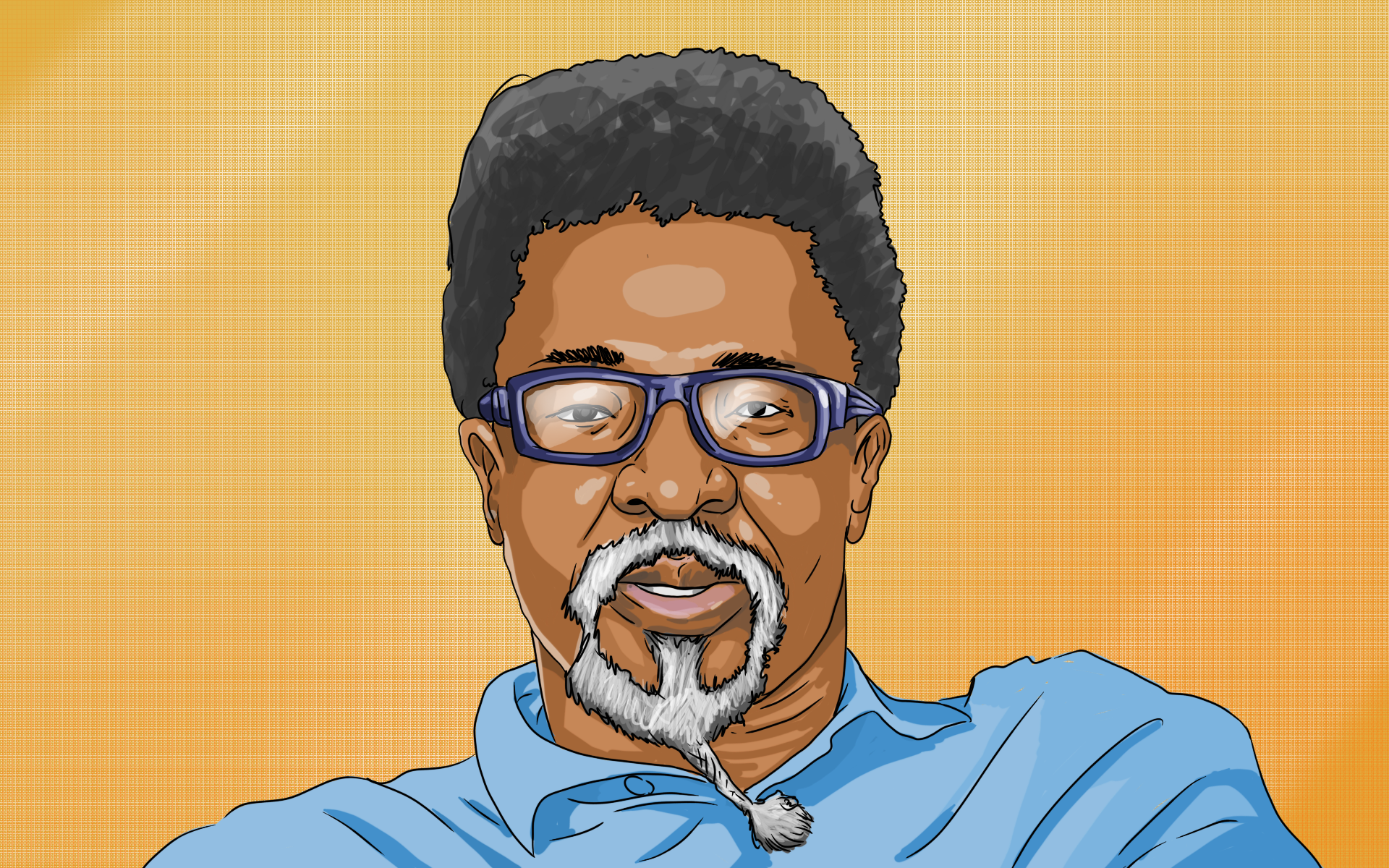Any which way, therefore, the world’s poor lose in most conversations about global warming ― at least long before the earth is finally charred. Alas, this is scant reason to commit global murder, or adequate excuse for collective suicide. If anything at all, our higher stake in bringing about a less hot and fetid world invites us to take a seat at the front and centre of the climate change conversation.
As the 27th United Nations Climate Change conference (COP27) opened in the Egyptian Red Sea holiday resort of Sharm El-Sheikh on Sunday, the failure to meet a number of milestones in the climate warming conversation are beyond dispute. In spite of pious recitatives in its favour, the 12 December, 2015 Paris Agreement target of limiting global warming to well below 2⁰C, preferably to 1.5 degrees Celsius, compared to pre-industrial levels, has been missed by several thousand metric tonnes of green house gas emissions.
Also Read: How Inflation Makes Poor Nigerians Poorer
The severity and unusual patterns of recent weather events (from broken temperature records across the world, hurricanes and flooding in the Western hemisphere, through droughts and shrunken river levels in Europe, to the flooding and droughts in the Southern hemisphere) are all harbingers of what it means to miss this target. Worse, is still to come!
Notwithstanding the growing contributions of renewable energy (solar and wind) to the global energy mix, and the increasing use of electric vehicles, targets for mitigating greenhouse gas emissions have been missed just about everywhere. In developed countries, technology is readily implicated in this shortfall. Issues around the intermittency of electricity generated by renewable sources are still being worked around. Promising though green hydrogen is, much work still needs to be done to optimise the processes for churning this out. The challenges around the possibilities of carbon capture and storage may be different, but processes and procedures also need to be worked out too. Alluring though it currently seems as a short cut to the global warming challenge, solar geoengineering (if and when possible) will still have to struggle with its own version of moral hazard.
Global carbon dioxide emissions, which were supposed to fall, are witnessing their own inflation. To shouts of “Hypocrisy!” from poor countries, European policymakers have cited an existential challenge from the cost of living increases that the war against Ukraine is driving across their economies.
In the global South, the challenge has been of a different but familiar vintage ― how to finance the energy transition. This, incidentally, is a problem foretold. Indeed at the 2009 climate summit in Copenhagen, wealthy countries agreed to transfer US$100 billion a year to poorer countries by 2020, in aid of poorer countries’ mitigation of activities that push global temperatures up and adaptation efforts to cope with a warmer world. Not much has happened by way of financial aid since that agreement. Instead, countries in the West have put the kybosh on financing fossil fuel power stations in developing countries in the effort to cap rising greenhouse gas emissions.
Also Read: African Countries Must Take a Balanced Approach to the Energy Transition
This was before Russia decided to put the cat amongst the pigeons across diverse dimensions of the global lived experience, by invading Ukraine. Confronting huge and unprecedented disruptions to their energy supply mixes, European countries are restarting mothballed fossil power stations. Global carbon dioxide emissions, which were supposed to fall, are witnessing their own inflation. To shouts of “Hypocrisy!” from poor countries, European policymakers have cited an existential challenge from the cost of living increases that the war against Ukraine is driving across their economies.
It is easy for poor countries at this point to cock a snook at Europe’s hypocrisy and proceed along the natural path dictated by their development needs. After all, they face and existential crisis even more severe than that currently exercising minds across Europe. Not just have these countries contributed only marginally to current global warming. But without extensive investment in energy projects, they would struggle to deliver quality improvements to their people.
Think through, too, the prospects of an Africa whose interior heats up just as its littoral regions are inundated by rogue floods and rising sea levels. We struggle to feed ourselves right now. What then?
Spare a thought, though, for island states in the many oceans across the world ― most of them poor, and all extremely vulnerable to rising ocean levels. Think through, too, the prospects of an Africa whose interior heats up just as its littoral regions are inundated by rogue floods and rising sea levels. We struggle to feed ourselves right now. What then?
Also Read: Cold Comfort: COVID-19 Infection Rates in Warm Countries
True, the North will get hotter, too. Mosquitoes could then be a nuisance. But they won’t go hungry. Indeed, the permafrost now arable. It will release carbon that further imperils the rest of us. The balance of power for food production would shift permanently in a hot world. Any which way, therefore, the world’s poor lose in most conversations about global warming. At least long before the earth is finally charred. Alas, this is scant reason to commit global murder, or adequate excuse for collective suicide. If anything at all, our higher stake in bringing about a less hot and fetid world invites us to take a seat at the front and centre of the climate change conversation.

